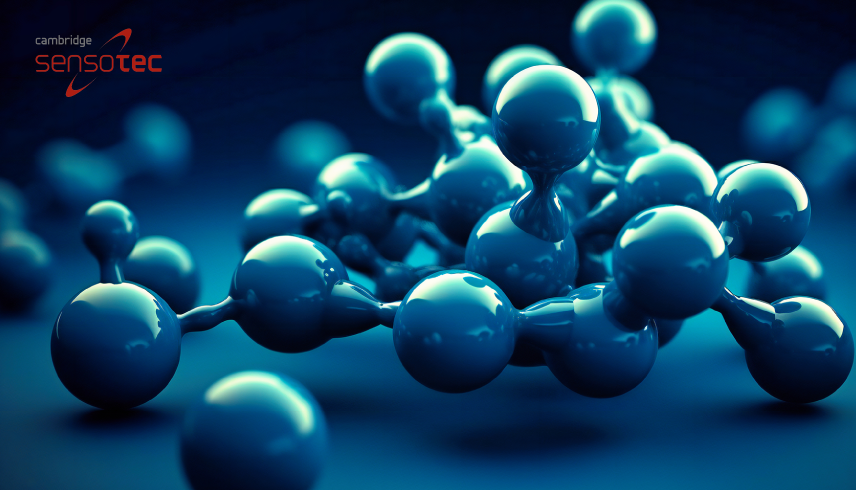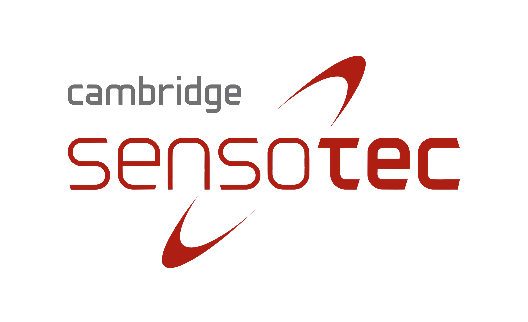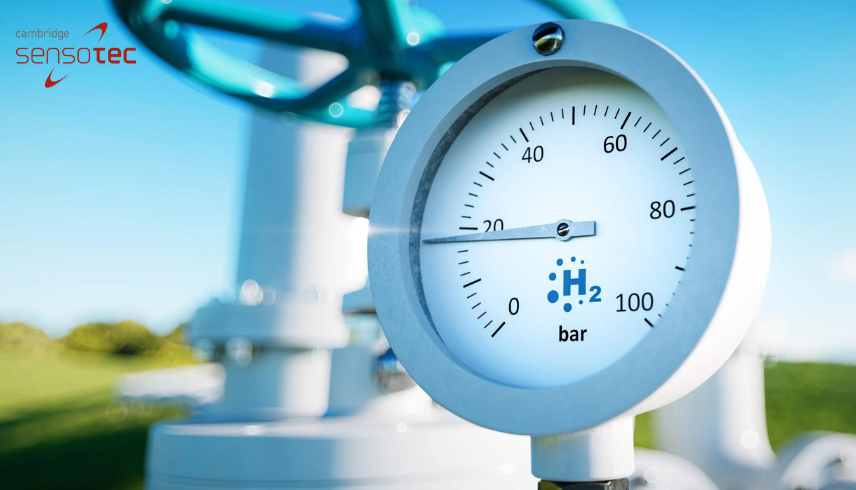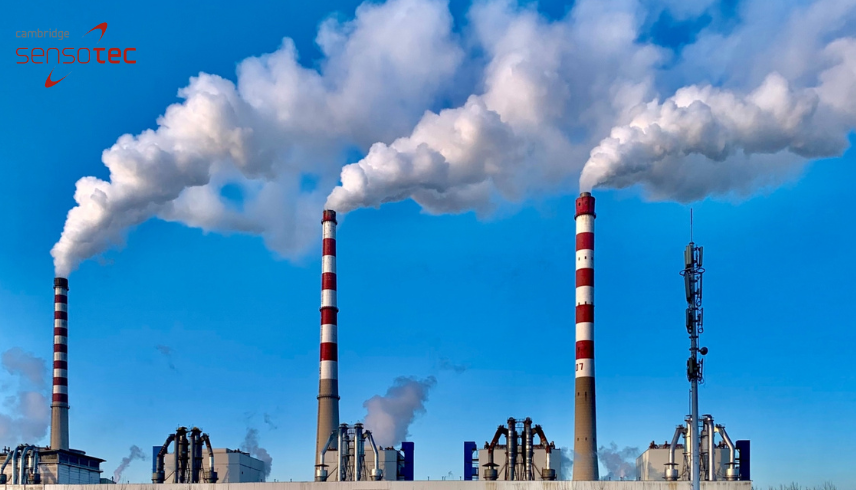

Sustainability and Hydrogen: Gas Analysers for Green Energy Solutions
Introduction to Green Energy Solutions
In our current global landscape, where the urgency for sustainable energy is more pronounced than ever, hydrogen is emerging as a key player in the arena of green energy solutions. This article sets out to explore the critical role of hydrogen in fostering sustainable energy systems. It also highlights the indispensable role of gas analysers in ensuring the efficiency and purity of hydrogen used in these systems.
At the forefront of this technological revolution is Cambridge Sensotec, a company that has positioned itself as a pioneer in the development and application of gas analysis technologies. Their work in advancing these technologies is not only enhancing the viability of hydrogen as a sustainable energy source but also contributing significantly to the broader goal of reducing global carbon emissions.
Hydrogen, often touted as the fuel of the future, offers a clean, sustainable alternative to fossil fuels. Its potential lies in its abundance and high energy yield, coupled with the fact that its combustion only produces water, making it a truly clean energy source. However, the journey from hydrogen production to its utilisation as a fuel is fraught with challenges, not least of which is ensuring its purity and safety – a task where gas analysers play a vital role.
The Science of Hydrogen as a Green Energy Source
Hydrogen Production Methods
At the core of hydrogen’s role as a sustainable energy source is its method of production. Currently, there are two primary methods: electrolysis and steam methane reforming.
Electrolysis is a process that involves using electricity to split water into hydrogen and oxygen. This method has a significant advantage. If the electricity used is sourced from renewable energies like wind or solar power, the hydrogen production is entirely green, with water being the only byproduct. This makes electrolysis a highly attractive option in the quest for a sustainable energy future. However, the efficiency and cost-effectiveness of this method continue to be areas of active research and development.
On the other hand, steam methane reforming is a more traditional method. This where natural gas is reacted with high-temperature steam. The major product of this reaction is hydrogen, along with carbon dioxide as a byproduct. While this method is currently more cost-effective and widely used than electrolysis, it is less environmentally friendly due to the carbon emissions involved. The challenge here lies in capturing and storing the emitted carbon dioxide, a process known as carbon capture and storage (CCS), to minimise its environmental impact.
Hydrogen Storage and Distribution
Once produced, the next challenge in harnessing hydrogen’s potential as an energy source is its storage and distribution. Due to its low density, hydrogen presents unique challenges in this regard. It can be stored either as a compressed gas in high-pressure tanks or as a liquid in cryogenic temperatures. Each method has its own advantages and trade-offs concerning cost, efficiency, and safety.
The distribution of hydrogen also requires careful consideration. It can be transported in large quantities either through pipelines, similar to natural gas, or via road transport in high-pressure tanks. The choice of distribution method depends on various factors, including the distance, the infrastructure available, and the end-use of the hydrogen.
Advantages of Hydrogen in Energy Systems
Despite these challenges, hydrogen holds significant advantages as an energy source. Firstly, it has a high energy content per unit of weight, making it an efficient fuel option. Secondly, when used in fuel cells, hydrogen produces electricity with water vapour as the only emission, offering a clean alternative to fossil fuels. Additionally, hydrogen can be produced locally. This reduces dependence on external energy supplies and enhancing energy security.
The versatility of hydrogen is another key advantage. It is useful across various sectors, including transportation, industry, and residential heating, making it a versatile component of a diversified energy portfolio. Moreover, as technologies improve and economies of scale are achieved, the cost of hydrogen production and utilisation is expected to decrease. This makes it an increasingly viable option in the energy landscape.
Gas Analysers in the Hydrogen Economy
Importance of Gas Analysis in Hydrogen Production & Green Energy Solutions
The transition to hydrogen as a key element in sustainable energy heavily relies on the precision and effectiveness of gas analysis. Gas analysers are crucial in the hydrogen production process, ensuring the purity and quality of hydrogen. This step is vital as even minute impurities can significantly impact the performance and safety of hydrogen fuel cells and other applications.
For instance, in electrolysis, analysers are useful to monitor the purity of both the input water and the produced hydrogen. Similarly, in steam methane reforming, gas analysers play a pivotal role in monitoring the process and ensuring that the hydrogen produced meets the required standards. They detect impurities like carbon monoxide and sulphur compounds, which can be detrimental to the overall efficiency of the hydrogen production process.
Types of Gas Analysers Used in Hydrogen Applications
There are several types of gas analysers that are useful in the hydrogen production process, each serving a unique function:
- Electrochemical Analysers: These devices measure gas concentrations through a chemical reaction that generates an electrical current. They are particularly effective in detecting specific gases like oxygen or hydrogen sulphide at low concentrations.
- Thermal Conductivity Analysers: These analysers work by measuring the thermal conductivity of a gas mixture. Hydrogen has a high thermal conductivity compared to other gases, making this method highly effective for detecting and measuring hydrogen in mixtures.
- Tunable Diode Laser Spectroscopy: This advanced technique involves using a laser to detect specific gas molecules based on their absorption spectra. It offers high precision and sensitivity, making it ideal for applications where accuracy is paramount.
Each type of analyser has its specific advantages, and the choice depends on factors such as the required sensitivity, the presence of other gases, and the operational environment.
Cambridge Sensotec’s Contribution In Green Energy Solutions
Cambridge Sensotec has been at the forefront of developing and deploying these gas analysers in various hydrogen-related applications. Their expertise lies not only in producing high-quality, reliable gas analysers but also in customising these tools to meet the specific needs of different applications, whether in large-scale industrial settings or in more specialised research environments.
Their range of gas analysers, known for their precision and durability, plays a critical role in ensuring the safe and efficient production of hydrogen. By continually innovating and adapting their technology, Cambridge Sensotec is helping to pave the way for hydrogen to become a more widely used and reliable component of the global energy mix.
Contacting Cambridge Sensotec for Gas Analysis Solutions
If you are exploring the potential of hydrogen in your energy projects or looking for state-of-the-art gas analysis solutions, Cambridge Sensotec is ready to assist you. Our team of experts is at the forefront of gas analysis technology, offering a range of products and services designed to meet the unique challenges of the hydrogen economy.
Personalised Consultation and Solution Design
At Cambridge Sensotec, we understand that each project has its own set of requirements and challenges. That’s why we offer personalised consultations to understand your specific needs. Whether you are involved in producing hydrogen, storage, or utilisation, our team can provide bespoke solutions specific to your project’s objectives. Our expertise spans a wide range of applications, from industrial-scale operations to specialised research environments.
Advanced Gas Analyser Technologies
Our portfolio of gas analysers, known for their precision, reliability, and durability, is at the heart of our offerings. We provide a variety of analysers, including electrochemical, thermal conductivity, and tunable diode laser spectroscopy, each suited for different applications and sensitivities. Our commitment to innovation ensures that our products remain at the cutting edge of technology, offering you the best solutions for your gas analysis needs.
Ongoing Support and Service
Choosing Cambridge Sensotec means more than just acquiring a product; it means forming a partnership. We provide comprehensive after-sales support and service, ensuring that your gas analysers continue to operate at optimal efficiency. Our team is available for ongoing technical support, maintenance, and any upgrades your system may require in the future.


